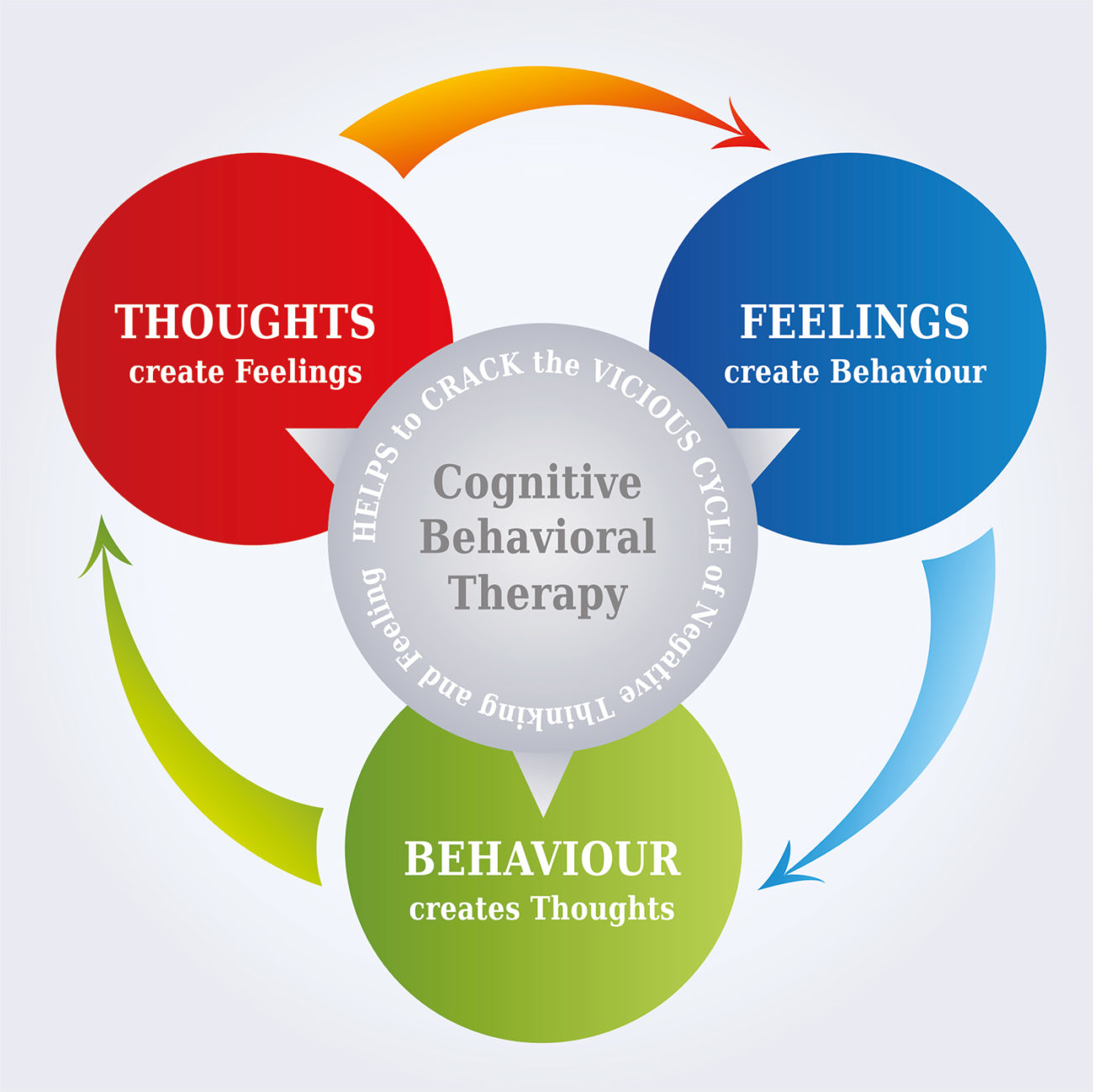Developing a Therapy Office Made Easy
Developing a Therapy Office Made Easy
Blog Article
Benefits of Starting a Psychology Office
A private practice gives you the chance to build lasting relationships without corporate restrictions.
Financially, owning a psychology practice can increase your income potential. Instead of sharing fees with agencies, you keep what you earn after expenses.
This autonomy boosts professional satisfaction and enhances the therapeutic relationship with clients.
What’s the Investment for a Psychology Practice
If you’re renting in a major city, expect higher costs for rent and utilities.
Technology like scheduling software and secure video platforms is essential if offering teletherapy.
Starting small can reduce upfront costs: some psychologists begin with shared office spaces or part-time leases.

Starting a Psychology Office at Home
A descubra como home-based psychology practice offers convenience and lower overhead. To start, choose a room that provides privacy for sessions.
Liability insurance is still recommended to protect both you and your clients.
Consider a separate phone line for professional calls.
Starting a Cognitive Behavioral Therapy Office
Choosing furniture that encourages open dialogue while accommodating CBT worksheets or activities is also important.
Professional development is key: ensure certifications in cognitive therapies are up to date.
Marketing a cognitive psychology practice may highlight evidence-based treatment and structured approaches.
Building an Online Psychology Business
Invest in a professional website with online booking and payment integration.
Legal and ethical considerations include checking licensure laws for providing therapy across state or country borders.
Offering webinars or free online workshops can build trust and attract new clients to your virtual services.

Starting a Social Psychology Consulting Office
A social psychology practice focuses on addressing social influences on individuals. Setting up this practice may involve partnering with local organizations to provide outreach and interventions.
Grant funding or sponsorships may help cover costs if offering low-fee or free services for marginalized communities.
Marketing a social psychology practice involves building trust within the community.
How to Set Up a Successful Psychology Practice
Building success starts with clarity on your ideal client and specialization, allowing targeted marketing and service design.
Consistent communication through blogs, newsletters, or workshops positions you as an expert in your niche.
Delegating administrative tasks allows more focus on therapy work and reduces burnout.
Final Thoughts on Starting a Psychology Office
In conclusion, starting your own psychology office is both an exciting and challenging journey.
Remember, a thriving practice balances business management.
If you’re ready to turn your vision into reality, start small, stay focused, and seek mentorship when needed.
Common Questions About Starting a Psychology Office
What’s the average investment to start a psychology office?
The cost ranges widely depending on location, size, and services. On average, setting up a small office may cost between $5,000 and $20,000, covering furniture, licenses, insurance, and marketing.
Can I open a psychology practice at home?
Yes, many psychologists operate home practices, but check local zoning and licensing rules first.
Do I need special software for an online psychology practice?
Running an online practice requires secure, HIPAA-compliant video platforms and electronic records systems.
How can I attract clients to my psychology practice?
Effective strategies include networking with other professionals, listing in therapy directories, creating a website, and offering workshops.
Should I write a business plan before opening my office?
A solid plan guides decision-making and increases chances of long-term success in your psychology practice.
Report this page